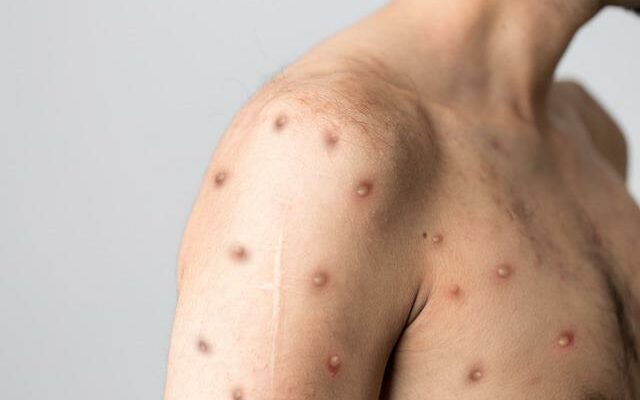WHO announced last week that there has been a major increase in the number of cases of ‘mpox’, also known as ‘monkeypox’, in the last 2 months, and reported that over 90 thousand cases have been seen worldwide and 156 people have lost their lives due to the virus. WHO declared an international emergency in Africa after the new variant crossed the borders of the Democratic Republic of Congo.
Infectious Diseases Association President Prof. Dr. Mehmet Ceyhan said that WHO has also sounded the alarm in 2022 for the disease, which manifests itself with symptoms of fever, headache, fatigue, widespread body aches, swollen lymph nodes and skin lesions, and said, “There was a spread that started in Africa and then spread to Europe, and even had 1 case in Istanbul. That situation continued for a while. Then it was taken under control.”
‘IT CAN BE SEEN BY EVERYONE’
Prof. Dr. Ceyhan, who stated that the type of virus in the 2022 outbreak was a disease called ‘type 2’, which is milder, does not cause much death; however, it is a disease that creates a typical flower appearance with widespread filled cuticles on the skin, said, “In the 2022 outbreak, 97 percent of the patients were homosexual men. In fact, it was said in Turkey at that time that this would not pose a risk anyway. It did not become a very serious problem until the fall of 2023. However, in October 2023, it was reported that the disease had started again in the Democratic Republic of Congo, the homeland of this disease, with the more dangerous, lethal type we call ‘type 1’, which results in around 4 percent deaths and can spread more quickly.
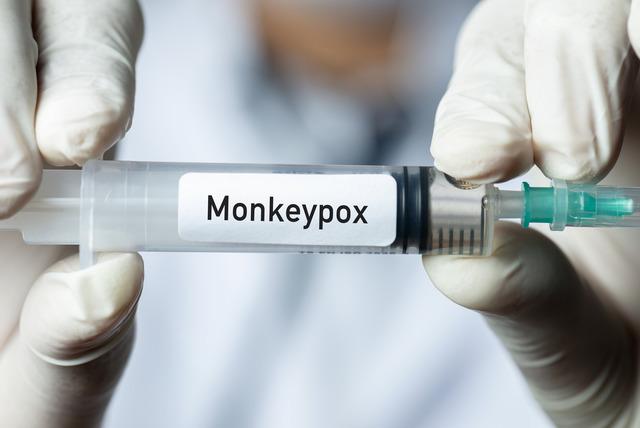
It spread to Europe, America and many countries within a few months. The WHO then raised the alarm level by one step last month, in July, stating that the rate of increase in cases was increasing. When the cases increased in America, America increased the risk, especially in travel vaccinations, by one step. There is currently a fear all over the world. Because this time the patients are not homosexual men, it can be seen in everyone. It is currently a disease that can be easily transmitted through close contact, such as hand contact, bed sheets used by a patient and not changed. It is a virus that can be spread by using shared towels and bed sheets. Frankly, there is no specific treatment,” he said.
‘IT MAY BE A DANGER BY INCREASING SLOWLY’
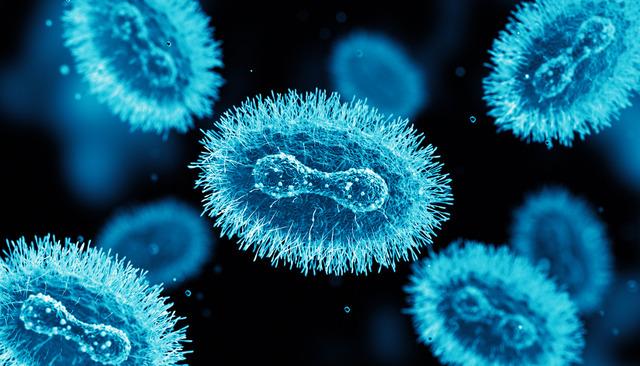
Emphasizing that Turkey is an important destination, Prof. Dr. Ceyhan said, “Turkey, especially Istanbul, is a frequently used destination for Africans, both permanently and as a transfer. They come to Istanbul, from there they go to Europe, the United States (US), and many African citizens stay in Turkey, especially in Istanbul. In fact, the disease was not limited to the Democratic Republic of Congo. It spread to all neighboring countries of Congo. Cases have started to be reported in Guinea and Nigeria. There is currently a spread and the WHO is on alert for this. It is issuing measures especially for those coming from Africa and those who will go to Africa. If there is an increase in cases for the world, it is an epidemic in a disease. If it affects more than one continent, it is a pandemic. Since this is not a respiratory disease, it does not spread that quickly. It does not reach 100s of thousands or millions of cases at once, like respiratory pandemics, flu pandemics, coronavirus pandemics. However, it can gradually increase and pose a danger to the world.”
‘WHO RAISED ALARM LEVEL BY 1 DEGREE’
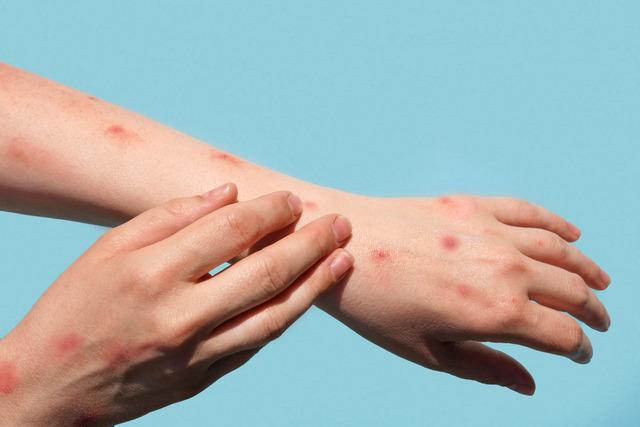
Prof. Dr. Ceyhan, emphasizing that we need to be cautious like every country, said, “We actually need to do active surveillance. That’s actually the key point for all diseases. We’re not even doing active surveillance for Covid right now. The state doesn’t currently have an active surveillance study. The WHO has raised the alarm level by 1 degree. This means an emergency. Therefore, monkeypox is a disease that poses an urgent risk for the world right now. Everyone coming from Africa, everyone going to Africa should at least be examined and screened. We don’t have a vaccine application for now; but at least those who will go to risky regions, which includes people who do business in those regions in Turkey, Africa and who constantly travel back and forth, as well as the Turkish Armed Forces, need to have the state provide a certain amount of vaccine to be administered to them.” Also explaining the precautions to be taken against the monkeypox variant, Prof. Dr. Ceyhan said, “People should especially pay attention to hand hygiene. If there are chickenpox-like blisters and there is a suspicion of contact, if there are people who have recently been to Africa or have come into contact with someone who has been to Africa, they should definitely see a doctor.”
DIRECTORATE OF COMMUNICATIONS: NOT IN TURKEY
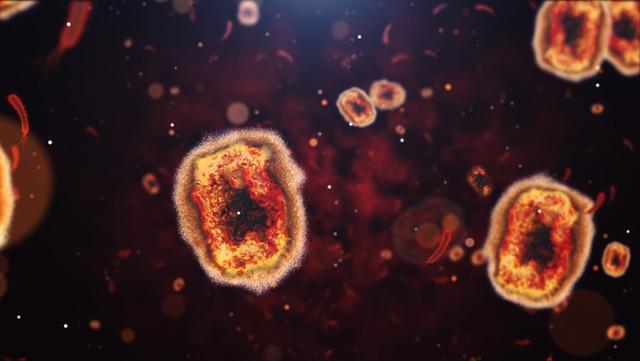
On the other hand, in a written statement made by the Directorate of Communications last week, it was stated that “WHO brought the issue of declaring an international emergency to the agenda due to the monkeypox variant that emerged in Africa. No ‘monkeypox’ case has been detected in Turkey this year. All necessary precautions have been taken by the Ministry of Health regarding the issue. The Ministry is meticulously conducting preliminary research and preparation processes for all possible diseases and viruses.” (DHA)
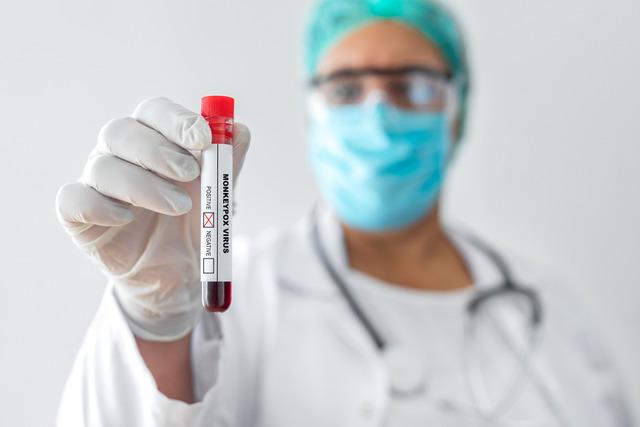
As the Mpox virus has been spreading at an unprecedented rate in Africa since January, a state of emergency has been declared across the continent. The Mpox virus has been seen in 13 countries in Africa, primarily in the Democratic Republic of the Congo (DRC). The difficulties in delivering the vaccine developed against the virus to the continent have caused concern about the risk of a Covid-19-like epidemic in Africa.
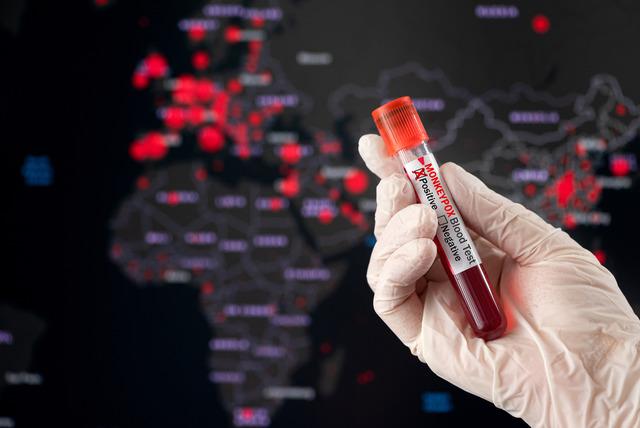
According to a report published by the Africa Center for Disease Control and Prevention (Africa CDC) on August 9, 2,822 people were infected with the virus in 13 African countries from January to August 8, and 14,719 suspected cases were recorded. 517 people died due to the virus, 511 of whom were in the DRC.
